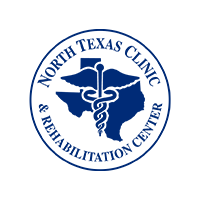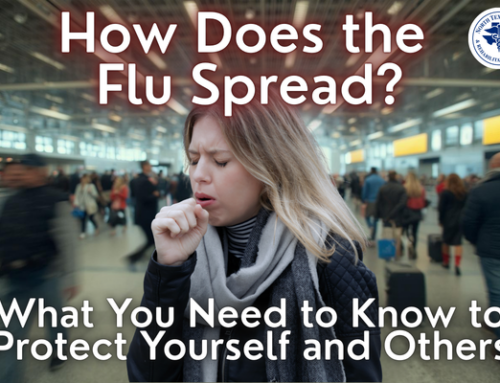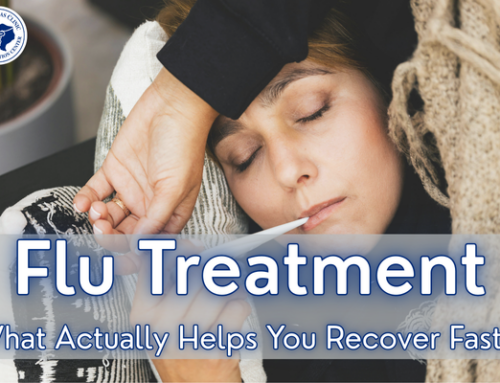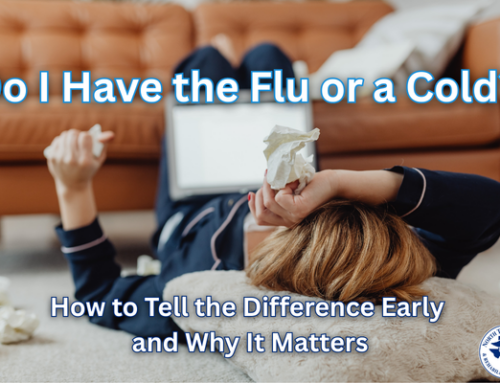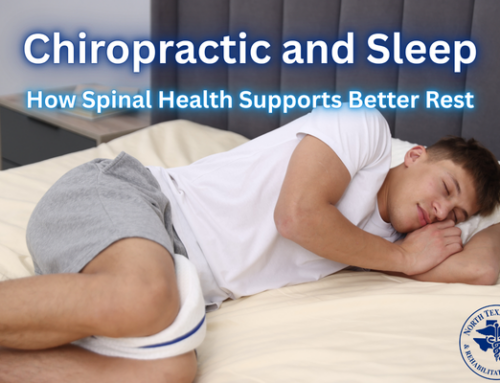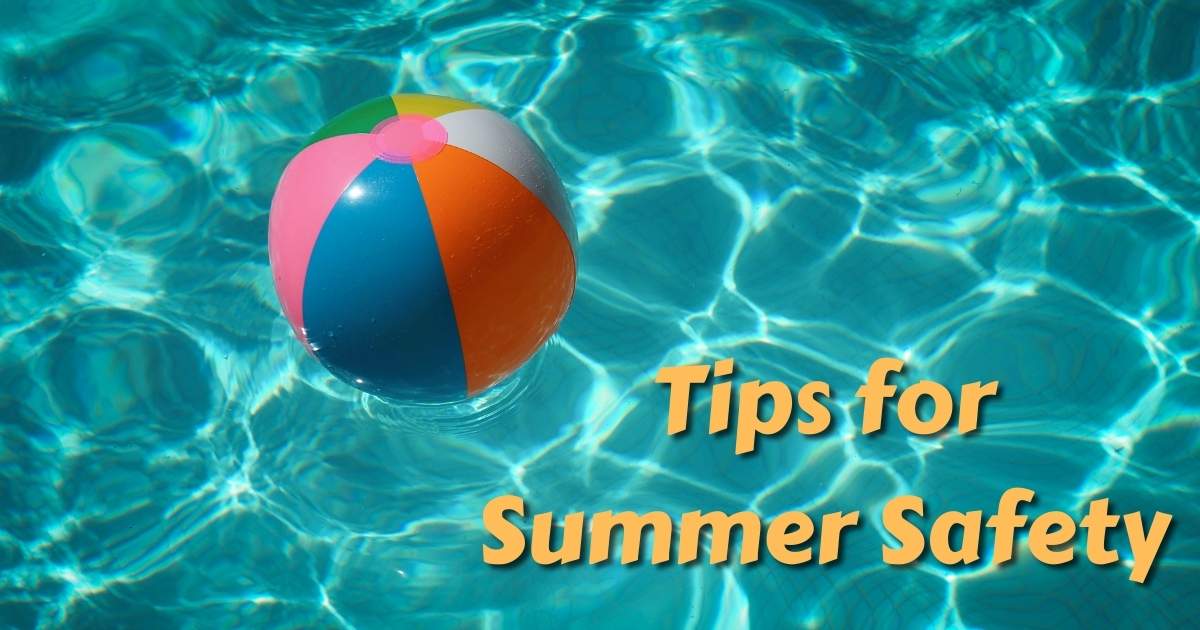
When the kids are out of school, and the cicadas are singing, you know it’s summer. Whatever your family does during this fun season, it’s important to remember these tips for summer safety.
Even if you don’t have any big camping trips or outdoor adventures planned, this time of the year poses potential dangers if you’re not careful.
Between the heat, dry conditions (in Texas anyway), and constant sun, you should do a little planning before spending time outdoors.
But if you follow these tips for summer safety, you and your family can appreciate this special time of the year without worry.
Sun Safety
One of the most obvious dangers of summertime is the sun. UV rays can cause sunburn, premature aging, and skin cancer, just to name a few.
Fortunately, staying safe is as easy as putting on sunscreen.
While UV rays are strongest between 10 am and 4 pm, it’s best to use an SPF 30 or greater sunscreen any time you’re outside while the sun is up.
And don’t forget to reapply every two hours, especially if you’re sweating or in water.
When using sunscreen, try not to forget those easily skipped parts like ears, hairline, hair part, and the backs of your hands and tops of your feet. While you probably don’t want sunscreen on your lips, this sensitive part of your face is also vulnerable to burns and damage. Apply chapstick with SPF 15 or higher to protect them.
Finally, you can protect your skin by keeping it out of the sun altogether.
- Wear long sleeves, SPF-rated swimsuits, or wetsuits.
- Big floppy hats aren’t just stylish; they protect your face and shoulders.
- Sit under an umbrella or in the shade as much as possible.
Wearing sunscreen and practicing good sun protection is one of the most essential tips for summer safety.
But if you get a sunburn, make sure you take care of it. Take a cool shower or use cold compresses as soon as possible. Aloe vera gel helps with the pain and keeps it moist. Stay hydrated by drinking water and sports drinks as it heals. If it’s severe enough, you may need to take pain relievers such as Ibuprofen.
Your best option is to try and avoid sunburn as much as possible.
Beach and Swimming Safety
When most people think of summer, they first think about heading to the beach, lake, or pool. Swimming, surfing, and boating are healthy and exciting activities that cool you off in the summer heat.
But protecting yourself from the sun isn’t the only thing to be concerned about.
Tragically, an estimated 3,500 people die in the U.S. every year from drowning.
Knowing how to swim is the most critical way to prevent drowning. Many community centers, YMCAs, and private organizations provide affordable swimming lessons throughout the year if you and your family aren’t already confident swimmers.
But even excellent swimmers can drown, especially if they get caught in a current, are overly tired, or consume alcohol.
This is why CPR lessons are just as important as swimming lessons for adults.
Two essential tips for summer safety around water are recognizing the signs of drowning and knowing how to save them.
Signs of Drowning
Most people think that all drowning victims look like the ones you see in movies—flailing arms and screaming for help.
Unfortunately, it’s rarely that obvious.
Most drowning is actually silent. Because of the lack of air and water in their mouth and airway, drowning victims aren’t capable of yelling or calling for help.
But that doesn’t mean you can’t spot it when somebody needs assistance in the water.
Drowning or near-drowning victims will typically display some or all of these characteristic movements:
- Head tilted back, mouth open
- Panicked or scared look on their face
- Arms pushing down rather than flailing in the air
- Diving or jumping in the water without resurfacing quickly
- Clinging to others, floating devices, or walls
- Bobbing or trying to swim without making any progress
- Floating facedown
If you see any of the signs, act fast!
How to Help Someone Who is Drowning
The first thing to do when you believe somebody may be drowning is to remove them from the water.
Next, assess their ability to breathe and their pulse. (These instructions also typically apply when you find someone unresponsive or unconscious.)
If there’s no lifeguard and you know CPR, begin treatment as soon as you’ve determined that they are not breathing or don’t have a pulse.
If you don’t know CPR, call 9-1-1 immediately, and they can walk you through the steps while you wait for an ambulance.
Continue breaths and compressions until they start breathing on their own. Then, seek medical attention for a complete exam.
Other Tips for Summer Safety Around Water
Drowning is undoubtedly the scariest and most dangerous threat water poses during the summer.
But there are other things to be aware of when spending the day at the beach or lake.
- Follow all the rules and flags posted at beaches or your local swimming pool. While regulations might dampen your fun a little bit, they exist for your safety and the safety of others.
- Make sure everybody wears or has access to a lifejacket or swim vest, especially on boats or jet skis.
- Limit or avoid alcohol when you’re swimming or operating water vehicles. A boat crash on the water can be just as devastating as a car crash on the road. Plus, alcohol and drugs affect your ability to respond quickly, which can lead to drowning.
- Wear water shoes, especially in murky water. Protecting your feet can help avoid scrapes and cuts from sharp rocks, glass, or unseen critters.
Don’t let time at the pool or beach end badly. Keep an eye on your children and follow these precautions while having fun!
Other Tips for Summer Safety Outdoors
Swimming and playing at the beach aren’t the only enjoyable experiences you can have during the summer. Many people like hiking, camping, or even simply exercising outside when the temperature starts to rise.
Getting out of the house and moving is vital to staying healthy and living longer. But in the summer, you need to be extra careful that you’re doing it safely.
- Stay hydrated! — Don’t wait until you’re thirsty, and take water with you. If you’re going camping, make sure you bring extra or have access to clean water throughout your trip.
- Be aware of heat-related illnesses and how to treat them. — Staying hydrated will help, but if you become overheated, rest and cool off as quickly as possible. Seek medical treatment if you begin to feel extremely nauseated, dizzy, or confused.
- Wear bug spray. — Mosquitoes, ticks, and other biting bugs carry diseases that can make you very sick. Protect yourself with bug spray, bug zappers, and mosquito netting.
- Bring your first aid kit. — Whether you buy one at the store or put it together yourself, you should always carry a first aid kit in your car or backpack. Ensure it’s well-stocked and that none of the medications are expired. (For a complete list of what you should bring, visit The Red Cross.)
- Be prepared with other supplies. — Whether you’re only going on a day-long hike or a 10-day camping trip, you must be prepared for the unexpected. In addition to your first aid kit, consider carrying a flashlight, pocketknife or multitool, emergency radio, and backup batteries with chargers.
- Let others know where you are going. — As lovely as it can be to get away for a bit, you should let at least one person know where you’ll be in case of an emergency.
- Seek medical attention ASAP. — If you have a medical emergency, call 9-1-1 and get help immediately. For more minor issues, talk to your healthcare provider if you continue to feel unwell or show signs of worsening after treatment.
Depending on what you’ll be doing, you might need to know other crucial health and safety information. However, these tips for summer safety will give you a good starting point for any of your outdoor plans.
Stay Safe and Have Fun!
No matter what season, it’s vital that you exercise, move around, and stay active. The long-term health benefits of having an active lifestyle are numerous.
But when the temperatures hit the 90s and 100s, you have to take care of yourself and your loved ones when you’re outside.
Don’t let that stop you from enjoying yourself, though.
Save these tips for summer safety, and make the most of your summer by getting outside and having a great time!
